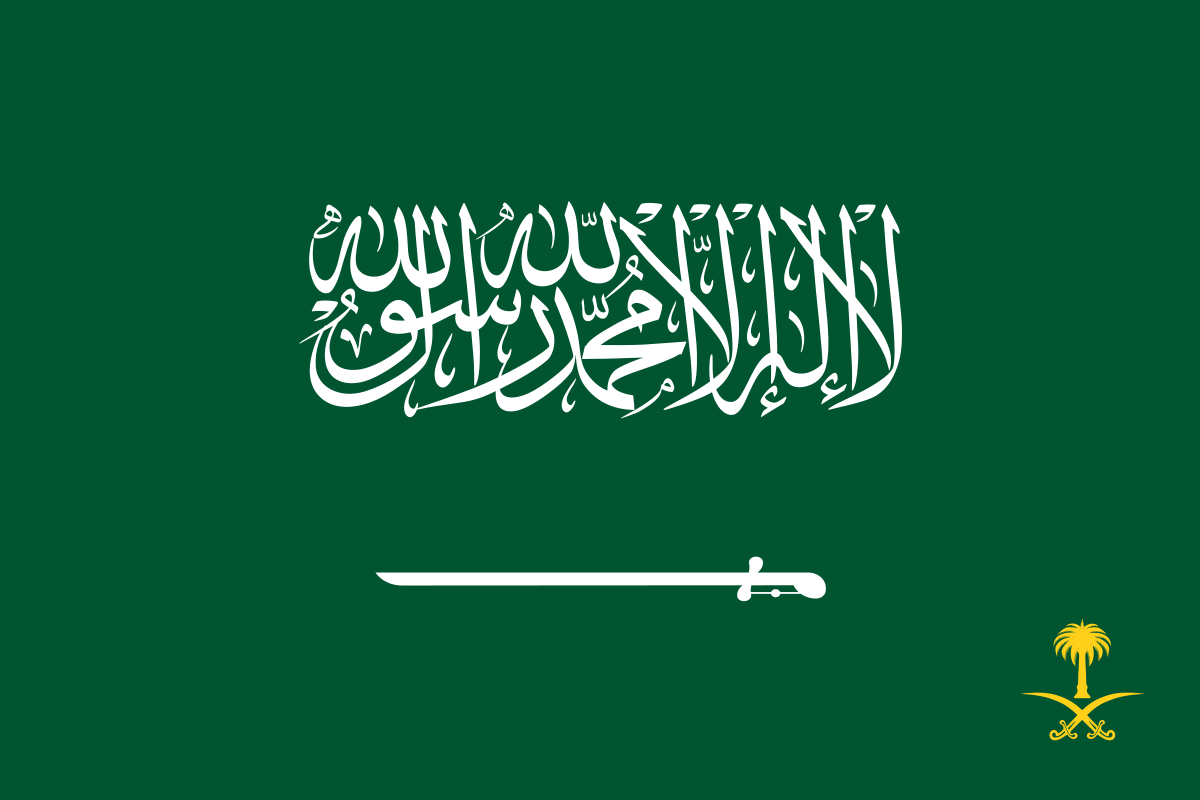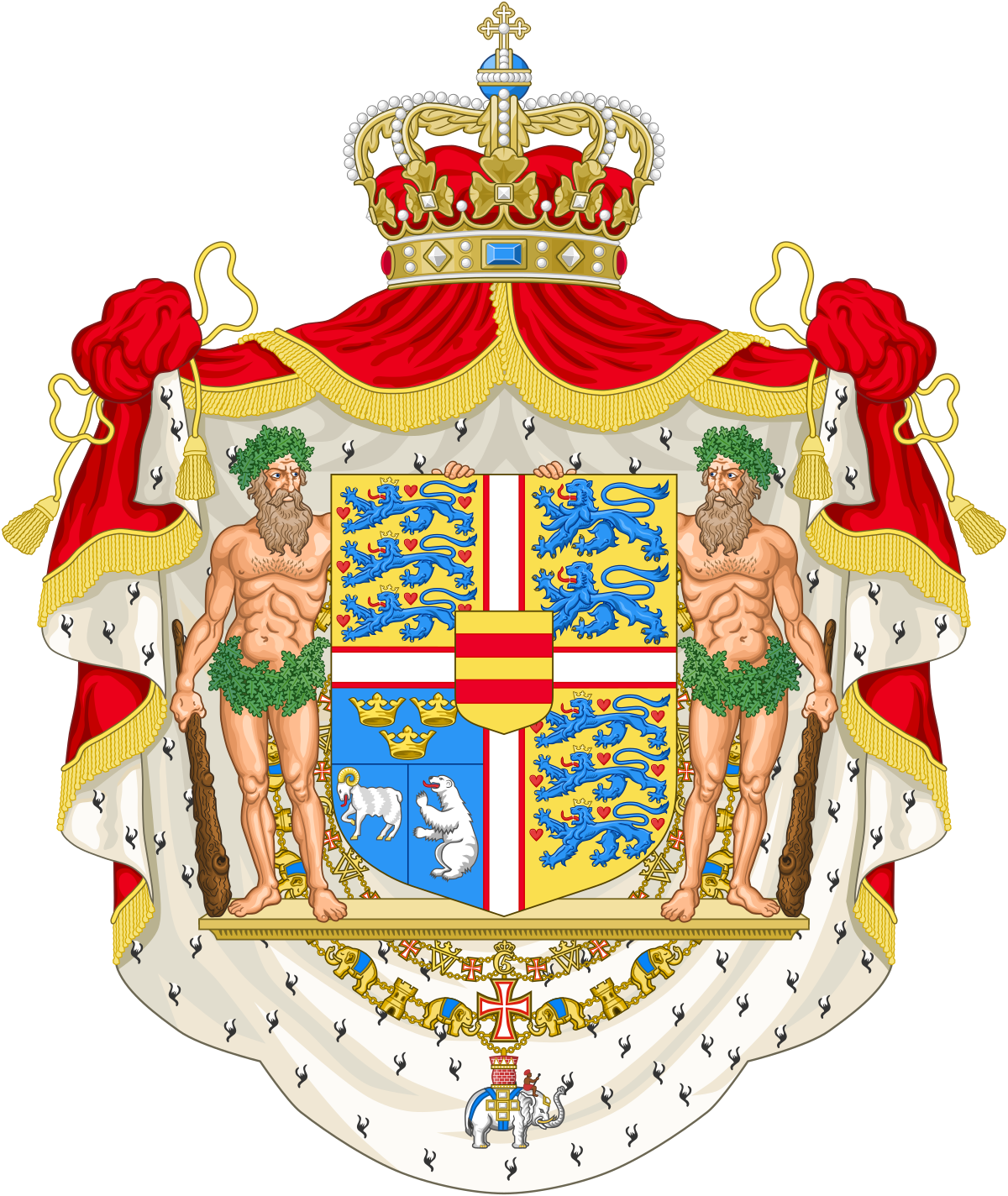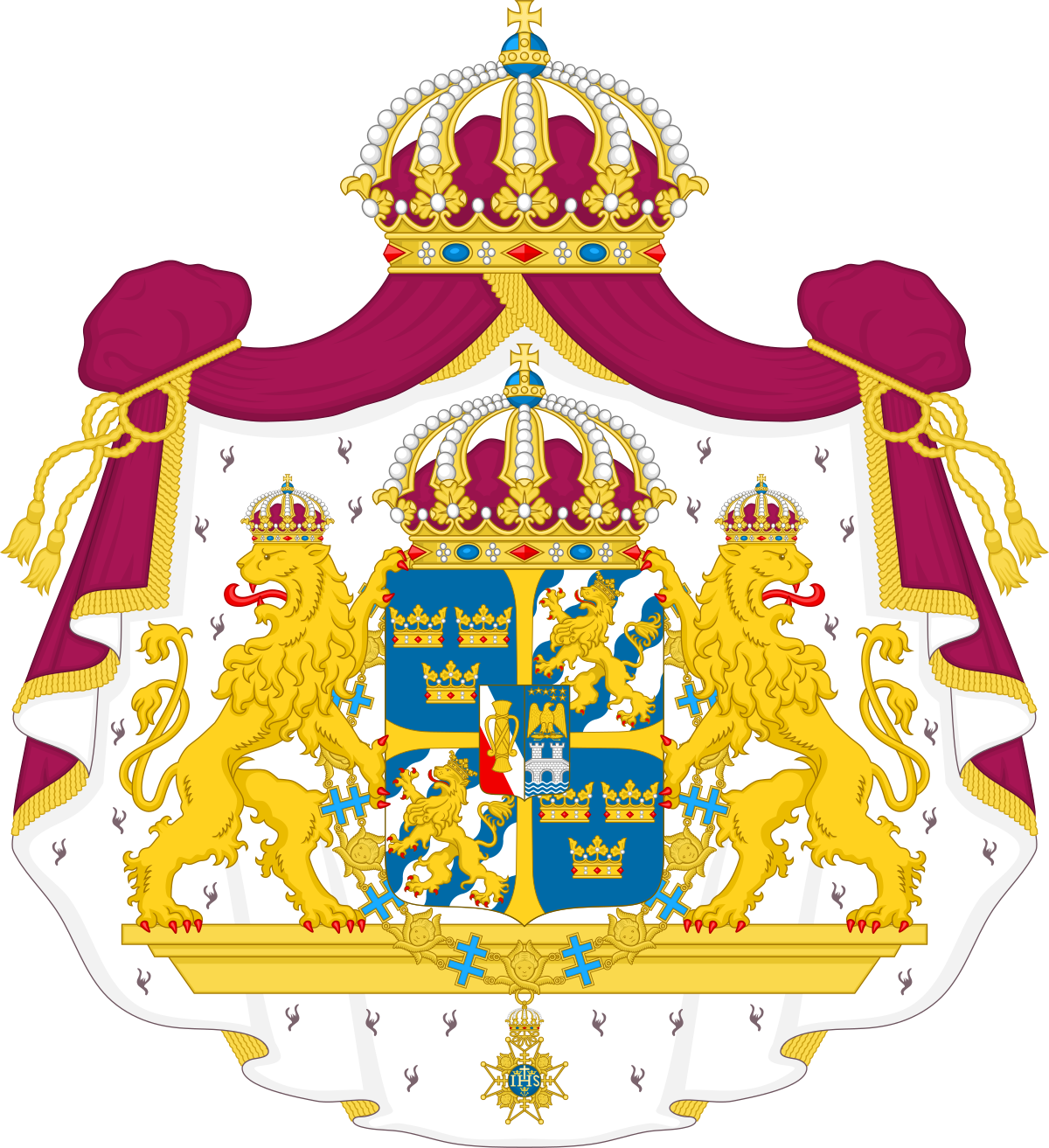But something changed, and I've never been able to find out exactly what changed, what made monarchies fall out of favor in many places. But it's very clear that something changed, and I'll try to give an overall view of it.
I think that the beginning of the end started in the late 18th century in thirteen disgruntled British North American colonies. They rebelled against British rule, and after that, decided to unite to make a new nation. George Washington, the military leader of that rebellion, was highly respected, and he could have become King George I of this new nation. But he chose not to, and when he became the nation's first President, he served for only two terms, and he rejected titles fancier than "Mister President".
But also in the late 18th century was an event that kept monarchy going for a century more in Europe. The French Revolution. The revolutionaries were content with a constitutional monarchy at first, but when King Louis XVI appealed to some neighboring nations for help against the revolutionaries, they chopped off his head with a machine that became a symbol of that revolution: the guillotine. The revolution had a lot of strife and a lot more people suffered the guillotine. It ended with Napoleon Bonaparte emerging as unchallenged leader and essentially a new monarch.
I couldn't disagree more.
The USA was barely noticed by anyone in Europe, or in European colonial possessions (ie pretty much everywhere that wasn't the USA), prior to the Great War. It had pretty much zero influence on the way in which anywhere else was governed until the US participation in drafting the Treaty of Versailles, which was the Americans first step onto the big stage. Before that, US influence on the world was purely commercial, and that only as a result of the Industrial Revolution (as accelerated by your Civil War).
The French Revolution had a profound effect, and the move away from absolute monarchy was certainly strongly influenced by fear, amongst aristocrats in the rest of Europe, that something similar could happen to them if they didn't concede more power to the commons.
But the French were far from the first. The seeds of the ending of autocracy were sown by Magna Carta, in which the king ceded power to his nominally subordinate aristocrats; And flowered with the communications and propaganda revolution, and the enlightenment, whereby people started to seriously think about government, rather than just accepting that there was a king, who had final authority in all matters (aside from the religious, which was the separate domain of the head of the church - until Henry VIII decided to amalgamate the roles).
The Wars of the Three Kingdoms, culminating in the beheading of Charles I of England, pre-dated to French revolution by more than a century, and set up a local counterexample to the dominant French habit of aristocratic excess which doubtless influenced the revolutionary elements in France; That the revolutionaries went too far and ended up making a drama out of a crisis is the norm for revolutions, not the exception.
Typically the kind of people who overthrow their government are exactly the wrong people to put into government in place of the tyrant they overthrew. Cromwell avoided his revolutionary army becoming a scourge on the English people by sending them to be a scourge on the Irish; The Continental Army and it's successor, the Legion of the United States, was sicced on the Native Americans; But most successful revolutions end with the victors rampaging across the land, terrorising people because, well, who's going to stop them?
It's fairly easy to raise a revolutionary army. But then people discover that those armies don't have a "stop" button. You either find someone for them to terrorise, or you get terrorised yourself.
The rise of constitutional monarchies and of republics, to replace autocratic monarchies, stems more from the widening of thought - both in terms of what was being thought about, and of who was doing the thinking. The Enlightenment led to the acceptance of questioning of the status quo at all scales, and asking, "is this the best way to run our country?", went from being a capital crime to being acceptable dining table and coffee house conversation amongst intellectuals and the middle classes.
Revolutions are a noisy and noticeable side-effect of this freedom of thought. Even bad examples, like the Terror in France, are grist to the mill of intellectual discourse on how best to run a nation - its a scientific approach, in which one learns as much (or more) from failures and unintended consequences, as one does from successes.
Europeans did a lot of talking, a lot of thinking, and a lot of observation, on the topic of how to best govern a country. They tried lots of stuff, and lots of it failed spectacularly. But one thing they did very little of was notice the small, remote, and insignificant group of former English colonies that had staged a revolution as a sideshow to the war between England and France.
The idea of the USA as a power, much less a superpower, whose actions and utterances were noticed worldwide, is presentism. It was certainly true for the last century or so, but before that, it absolutely wasn't. The only people who noticed America before the Industrial Revolution, were people in America, and traders in cotton, sugar, tobacco, and slaves.

 theconversation.com
theconversation.com

 theconversation.com
theconversation.com



